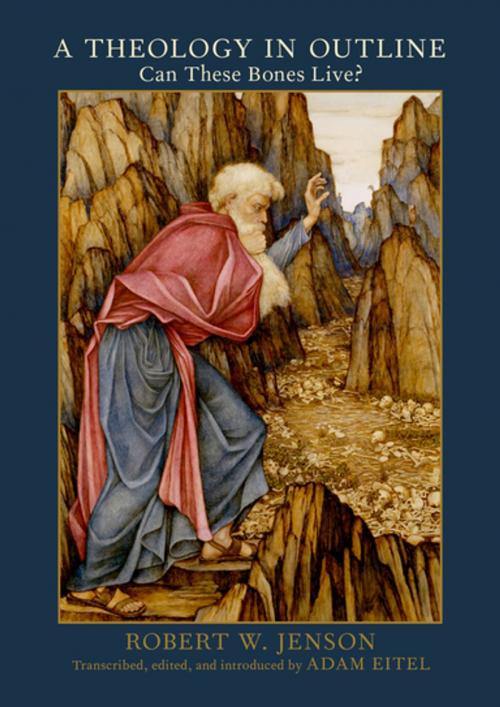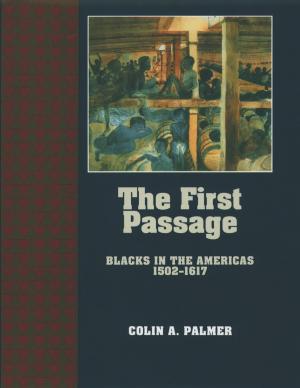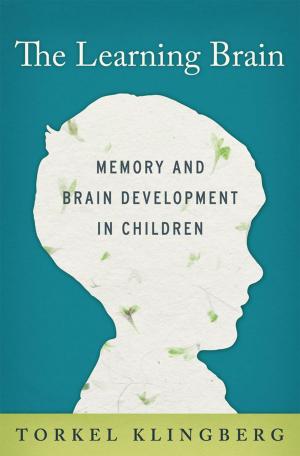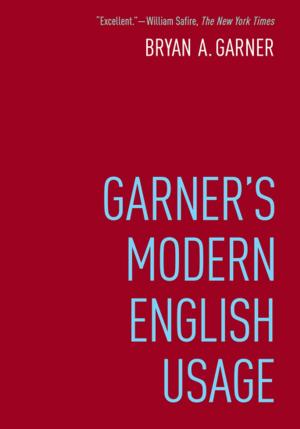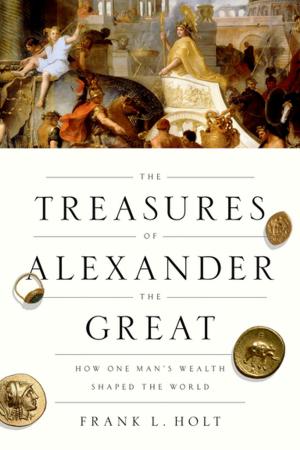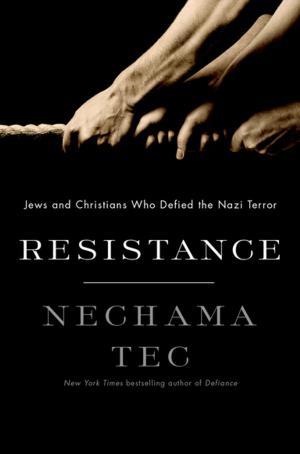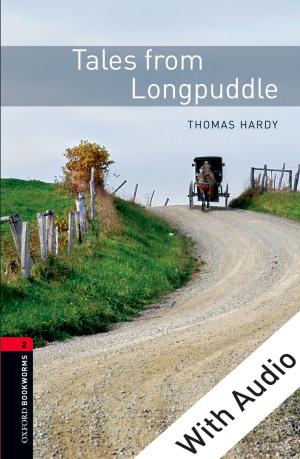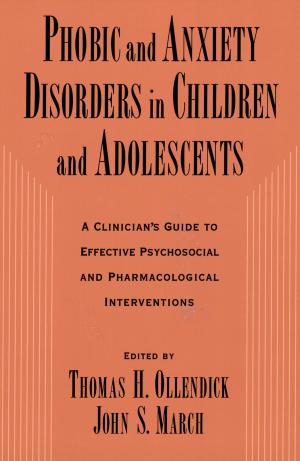A Theology in Outline
Can These Bones Live?
Nonfiction, Religion & Spirituality, Theology, Christianity| Author: | Robert W. Jenson, Adam Eitel | ISBN: | 9780190494032 |
| Publisher: | Oxford University Press | Publication: | March 9, 2016 |
| Imprint: | Oxford University Press | Language: | English |
| Author: | Robert W. Jenson, Adam Eitel |
| ISBN: | 9780190494032 |
| Publisher: | Oxford University Press |
| Publication: | March 9, 2016 |
| Imprint: | Oxford University Press |
| Language: | English |
A Theology in Outline: Can These Bones Live? began with an undergraduate course taught by Robert W. Jenson at Princeton University in the spring of 2008. Based on a series of twenty-three course lectures, it offers a concise and accessible overview of Christian theology while retaining the atmosphere of Jenson's classroom. Much as does Jenson's Systematic Theology, A Theology in Outline treats a standard sequence of doctrines in Christian theology--God, Trinity, creation, humanity, sin, salvation, church, among others. However, its organizing principle and leitmotiv are less traditional. Reflecting his recent interest in theological interpretation of scripture, Jenson frames the whole of Christian theology as a response to the question posed to the prophet Ezekiel: "Son of man, can these bones live?" For Jenson, to ask this question is to ask whether Christian theology itself is a pile of dead bones. Can the story that God lives with his people be told today? From first to last the chapters of this book proceed under the impelling pressure of this question. They thus comprise a single sequence of illustrative conversations for the purpose of introducing beginners to Christian theology.
A Theology in Outline: Can These Bones Live? began with an undergraduate course taught by Robert W. Jenson at Princeton University in the spring of 2008. Based on a series of twenty-three course lectures, it offers a concise and accessible overview of Christian theology while retaining the atmosphere of Jenson's classroom. Much as does Jenson's Systematic Theology, A Theology in Outline treats a standard sequence of doctrines in Christian theology--God, Trinity, creation, humanity, sin, salvation, church, among others. However, its organizing principle and leitmotiv are less traditional. Reflecting his recent interest in theological interpretation of scripture, Jenson frames the whole of Christian theology as a response to the question posed to the prophet Ezekiel: "Son of man, can these bones live?" For Jenson, to ask this question is to ask whether Christian theology itself is a pile of dead bones. Can the story that God lives with his people be told today? From first to last the chapters of this book proceed under the impelling pressure of this question. They thus comprise a single sequence of illustrative conversations for the purpose of introducing beginners to Christian theology.
